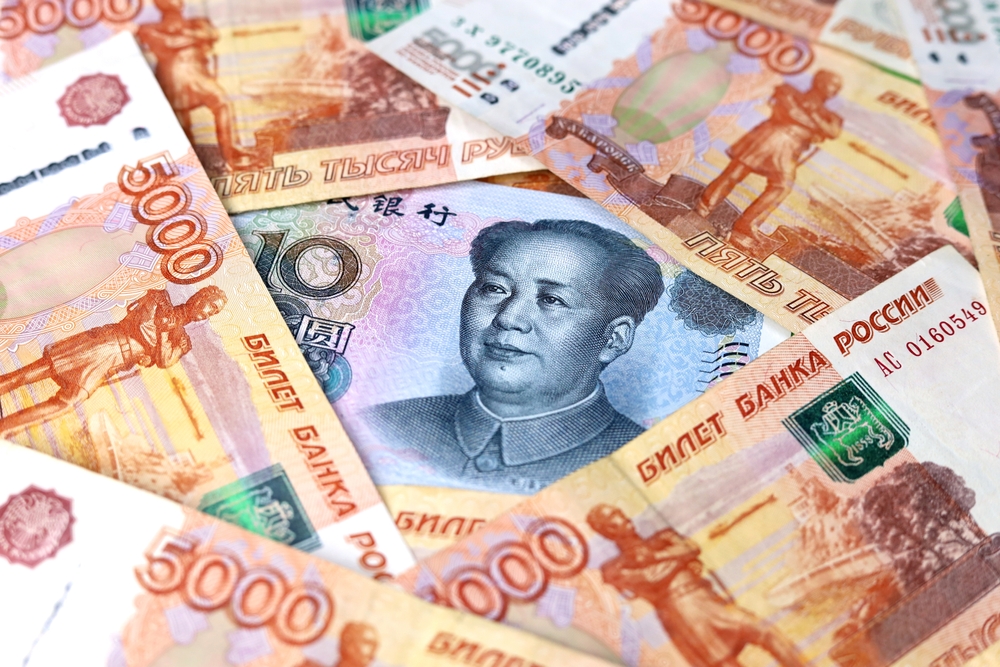Facing economic headwinds and political division, the world’s top democracies unite to address global imbalances.
Others are reading now
The finance ministers and central bank governors of the world’s seven wealthiest democracies agreed Thursday to intensify efforts against what they described as “non-market practices” disrupting global trade—language widely understood as a veiled reference to China.
The deal, struck after three days of negotiations in Canada, reflects a growing consensus within the G7 that stronger coordination is needed to respond to China’s industrial policy and export-driven advantages.
Despite internal disagreements, especially over U.S. tariffs under President Donald Trump, ministers ultimately signed a unified communiqué calling for action.
“We found common ground on the most pressing global issues we face,”
said Canada’s finance minister, François-Philippe Champagne.
“It sends a very clear signal to the world that the G7 is united in purpose and action.”Also read
China Not Named, But Clearly Targeted
While the final document does not name China explicitly, its emphasis on “non-market policies” clearly refers to Chinese practices like heavy export subsidies and currency interventions.
These tactics, G7 officials argue, distort fair competition and undermine industrial development across Western economies.
The language marks a shift from previous communiqués, dropping traditional defenses of free trade and omitting earlier mentions of climate-related commitments.
According to Digi24, the document also toned down references to Russia’s war in Ukraine—a nod to the Trump administration’s reluctance to label the invasion illegal.
U.S. Treasury Secretary Scott Bessent called the talks productive, stating:
“I don’t think there were major disagreements. I think the meeting went great.”
Tariffs and Russia’s War Loom in the Background
Though absent from the official language, U.S. tariffs were an unspoken tension. Canada, for instance, is still seeking relief from Trump-era 25% duties on goods such as steel and aluminum.
Champagne acknowledged that tariffs are a “reality we can’t ignore” but insisted the G7 remains focused on restoring economic stability.
Ministers also condemned Russia’s “brutal ongoing war” in Ukraine. While their language stopped short of past declarations, they warned that, should ceasefire talks fail, further sanctions on Moscow are on the table.
The shift in tone reflects diplomatic caution amid ongoing peace discussions, including reports of new talks potentially hosted at the Vatican—though the Kremlin denies such plans.
The G7 finance discussions now set the stage for a high-stakes leader summit in Kananaskis, Canada, from June 15–17. President Trump is confirmed to attend.


